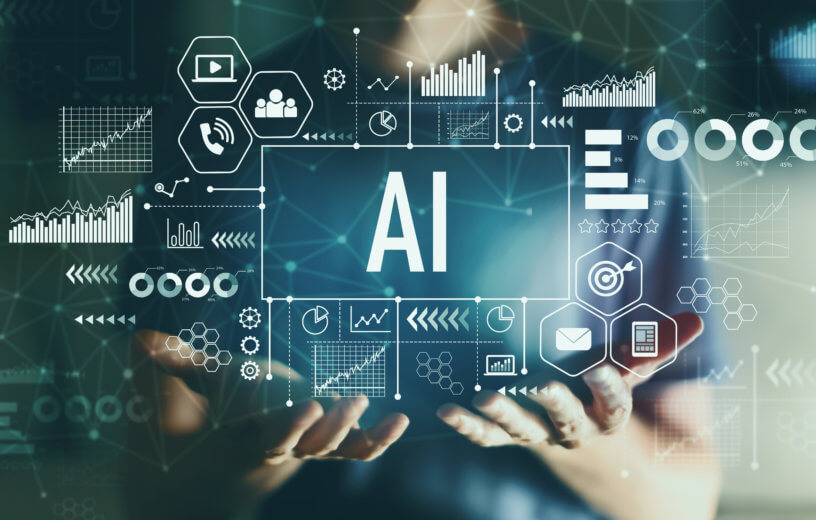EVANSTON, Ill. — It’s safe to say that most people didn’t spend all that much time pondering the approval and development process of new vaccines in 2019. In 2020, though, speeding up the timeline for COVID-19 treatments and a vaccine is one of the most talked about topics all over the planet. With each passing day it becomes more clear that things won’t truly be “normal” again until a vaccine is widely available. Unfortunately, major medical breakthroughs just don’t happen overnight; the most optimistic of projections still see the world waiting for a vaccine until sometime in 2021. Researchers from Northwestern University, however, have developed a new AI-based tool that just may speed up that timeline.
There are seemingly endless new treatments and potential coronavirus vaccines being developed and tested on an almost daily-basis, but most of these projects will inevitably fail. This new machine model quickly combs through the most promising studies and research projects, and swiftly disregards the initiatives unlikely to produce a legitimate treatment.
Typically, new drugs, vaccines, and treatments are reviewed and rated in terms of potential by the Defense Advanced Research Projects Agency’s Systematizing Confidence in Open Research and Evidence (DARPA SCORE) program. That program consists of numerous scientists who manually review and evaluate medical studies, eventually picking out the projects most likely to yield significant findings or results. For just a single treatment, this process takes quite some time; roughly 314 days. That’s just too long during this global pandemic.
Luckily, the new AI system created at Northwestern is just as accurate as the DARPA SCORE program, and much faster. In fact, according to its creators, it can review far more papers than a team of humans would be capable of, and in a fraction of the time.
“The standard process is too expensive, both financially and in terms of opportunity costs,” says research leader Brian Uzzi, the Richard L. Thomas Professor of Leadership at Kellogg and co-director of the Northwestern Institute on Complex Systems, in a university release. “First, it takes take too long to move on to the second phase of testing and second, when experts are spending their time reviewing other people’s work, it means they are not in the lab conducting their own research.”
The AI tool gives researchers and policymakers the ability to make much faster decisions regarding which projects to prioritize and provide funding and resources.
“In the midst of a public health crisis, it is essential that we focus our efforts on the most promising research,” Uzzi adds. “This is important not only to save lives, but also to quickly tamp down the misinformation that results from poorly conducted research.”
So how does this game changing technology work? The research team developed a specialized algorithm that predicts which studies’ results are capable of being replicated within an entirely new test sample. Researchers actually theorize that their AI is more accurate than human scientists. While humans tend to focus on statistics, the AI takes a more wholistic approach that includes the overall study narrative as well.
“There is a lot of valuable information in how study authors explain their results,” Uzzi explains. “The words they use reveal their own confidence in their findings, but it is hard for the average human to detect that.”
Since the AI is combing through thousands of studies and reports, it already has a much larger knowledge base to draw upon that any single human scientist. It can also pick up on certain word choices or phrasing that may go unnoticed by the human eye.
Perhaps the best part? The tool is ready for use immediately.
“This tool is particularly useful in this crisis situation where we can’t act fast enough,” Uzzi says. “It can give us an accurate estimate of what’s going to work and not work very quickly. We’re behind the ball, and this can help us catch up.”
While the AI tool is capable of searching through studies accurately all on its own, researchers say it is most effective when used in combination with human scientists.
“This tool will help us conduct the business of science with greater accuracy and efficiency,” Uzzi concludes. “Now more than ever, it’s essential for the research community to operate lean, focusing only on those studies which hold real promise.”
The study is set to be published in Proceedings of the National Academy of Sciences.
